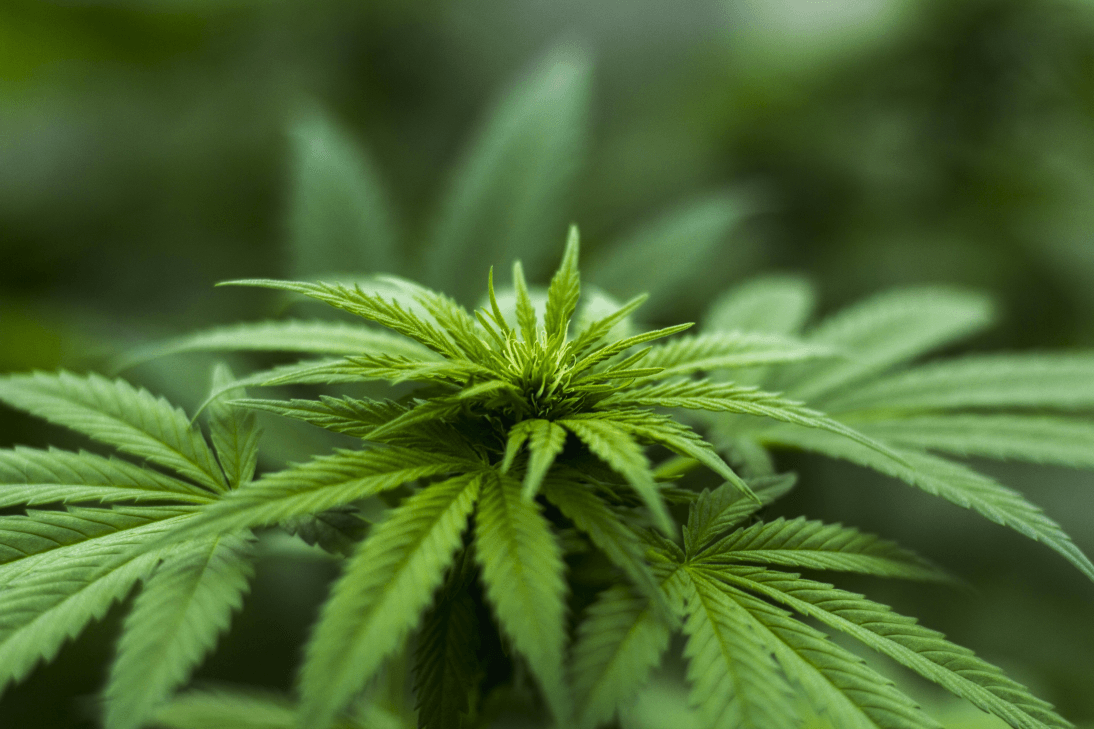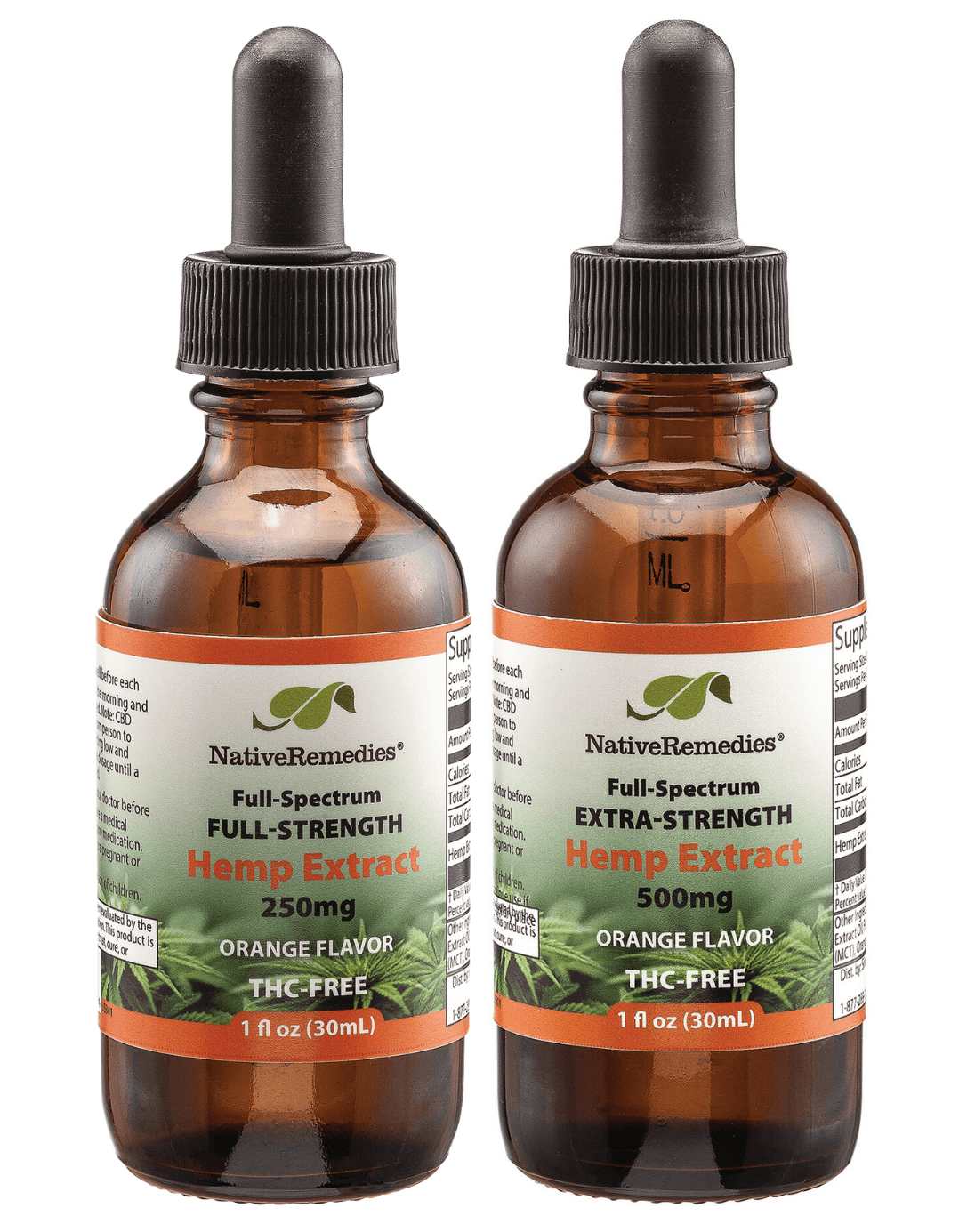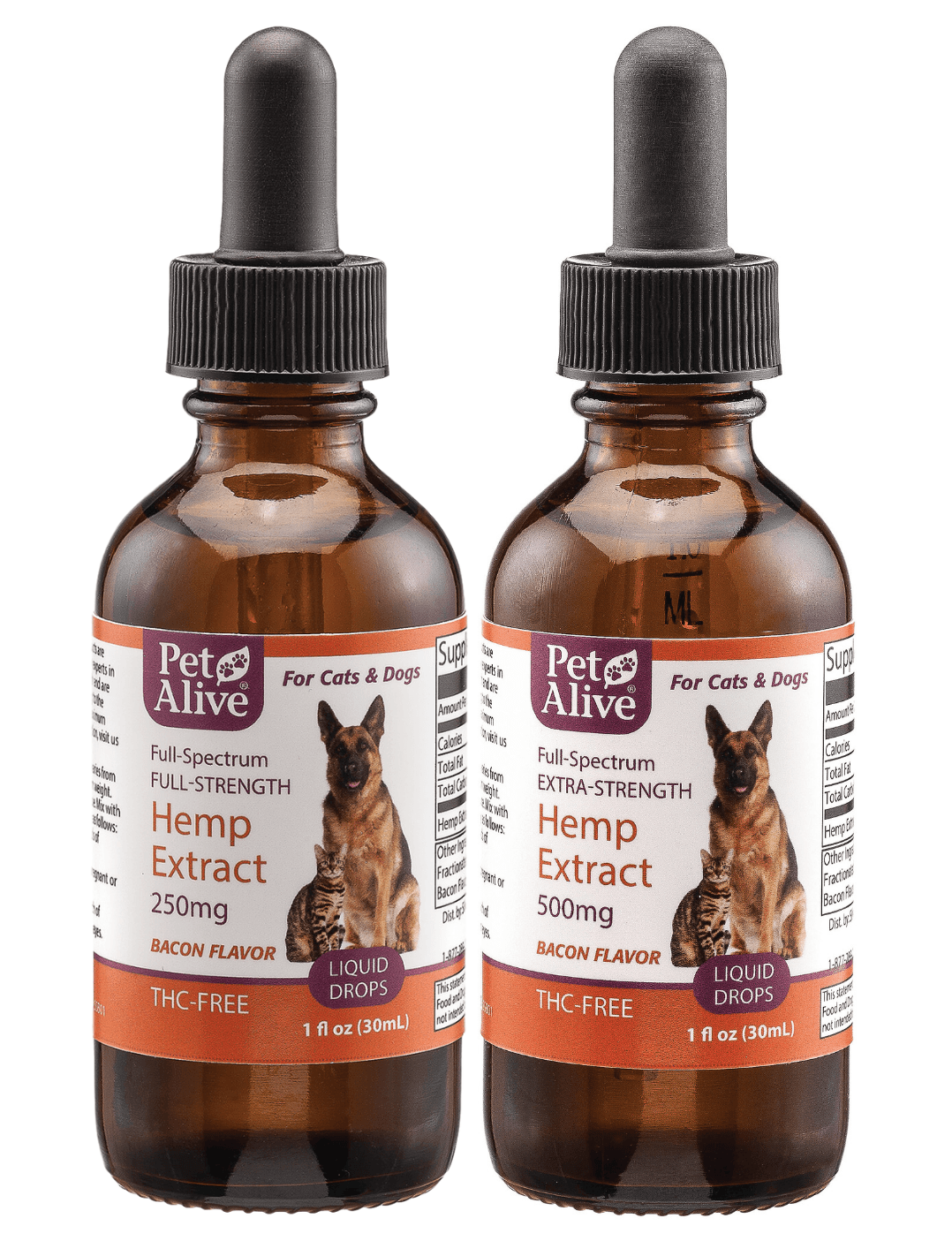Hemp
Hemp is a rich source of CBD that plays an important role in the endocannabinoid system.
English Name: Marijuana or Hemp
Hemp is a cannabis plant. Yes, the same one that produces marijuana or pot. The difference between marijuana and hemp is the amount of THC present in the plant. THC is the compound in marijuana that provides the psychoactive attributes or gets you high. Hemp cannot contain more than 0.3 percent of THC. The Marihuana Tax Act of 1937 effectively made all cannabis plants illegal and the Controlled Substances Act of 1970 formally made all cannabis illegal.
The 2018 Farm Bill ensures that cannabinoids derived from hemp will be legal if the hemp is produced in a manner consistent with the Farm Bill, associated federal regulations, associated state regulations, and by a licensed grower. All other cannabinoids, produced in any other setting remain illegal.
Hemp is considered to be one of the oldest domesticated crops. These tall sturdy plants used for foods, oils and textiles were bred for these qualities leading to the plant we know as hemp. Other plants, such as those with psychoactive properties were bred for medical and religious purposes leading to the varieties we know as marijuana. The agricultural differences between medical cannabis and hemp are in genetic parentage and cultivation environment.
Medicinal Uses of Hemp
Researchers studying the effects of marijuana on the human body discovered the endocannabinoid system in the 1990’s. Cannabinoids play an important role in the endocannabinoid system. The endocannabinoid system is also referred to as ECS. The ECS is a collection of cell receptors and molecules located throughout the body – brain, organs, connective tissue, glands and immune cells – with the goal of maintaining homeostasis, or optimal balance. All animals have an endocannabinoid system.
Cannabinoids and their receptors work like a lock and key. The locks are the receptors CB1 and CB2. CB1 receptors are abundant in the central nervous system – the brain and nerves of the spinal cord. The CB2 receptors are found in immune cells, the gastrointestinal tract and the peripheral nervous system.
Cannabinoid receptors play a significant role in regulating many bodily functions such as:
- Sleep
- Appetite, Digestion and Hunger
- Mood
- Motor control
- Immune Function
- Reproduction and Fertility
- Pleasure and Reward
- Pain
- Memory
- Temperature regulation
- Inflammation, including neuroinflammation
The keys to these locks, or receptors, are endocannabinoids. They tell your body when to start and stop these processes. Disruption of the system causes dysfunction in some or all of the functions above.
The body does produce some endocannabinoids, but they primarily come through food, especially omega-3 fatty acids. Hemp seeds are rich in protein, fiber, healthful fatty acids including omega-3’s and 6’s and antioxidants. They are a complete source of protein, containing all 9 essential amino acids. Rich in vitamin E, magnesium, phosphorus and potassium, Hemp seeds are also a good source of iron, zinc and B vitamins.
THC (tetrahydrocannabinol) is the cannabinoid credited with causing the marijuana high. However, Cannabis plants contain many different cannabinoids, over 100 unique cannabinoids have been identified to date. Marijuana plants contain high levels of THC, up to 30%; Hemp contains less than 0.3%.
THC overwhelms the Endocannabinoid system, interfering with the ability of natural cannabinoids and throwing the system off balance. Over time, THC can change how the EC system works in the brain which can lead to problems with memory, addiction and mental health.
Hemp and Marijuana both contain another cannabinoid – CBD. Hemp plants contain more CBD than marijuana plants. CBD has been shown to reduce the psychoactive effects of THC. There is no single CBD:THC ratio or dosage that is optimal for everyone. Research suggests CBD may interact with several kinds of prescription medications, so please check with your healthcare provider before using CBD products.
CBD does not have the same psychoactive properties as THC. In the brain, CBD stops the FAAH enzyme from breaking down anandamide, so it has more of an impact. This could be why CBD can help treat anxiety disorders.
Research continues on the effects of THC and CBD in the body. Understanding the endocannabinoid system and its goal of maintaining homeostasis within the body could be key understanding and eliminating many common disease states.
Products featuring Hemp
For Humans:
For Pets:
Native Remedies recommends you consult your doctor before introducing new herbal products into your regimen. Always ensure you are buying high-quality, laboratory-tested supplements from a reputable supplier. At Native Remedies, we back all our products with a 100 percent money-back guarantee. If you’re not happy with your purchase after trying it for 30 days, simply send it back for a refund. Here’s to your good health!

The content provided is for informational purposes only. It is not a substitute for professional medical advice. If you have a health condition, please consult a medical professional and do not use this information to self-diagnose or self-treat.
Resources:
https://www.leafscience.com/2014/09/16/5-differences-hemp-marijuana/
https://functionalremedies.com/blogs/news/hemp-101-your-body-hemp-extract-the-endocannabinoid-system
http://headsup.scholastic.com/students/endocannabinoid
https://www.medicalnewstoday.com/articles/323037.php
https://www.anandahemp.com/faq/what-part-of-the-hemp-plant-does-cbd-oil-come-from/
https://www.consumerreports.org/marijuana/what-is-cbd-what-to-know-about-this-cannabis-product/
https://www.brookings.edu/blog/fixgov/2018/12/14/the-farm-bill-hemp-and-cbd-explainer/
https://www.verywellhealth.com/what-is-the-endocannabinoid-system-4171855
Review by Master Herbalist, Mary Ellen Kosanke

